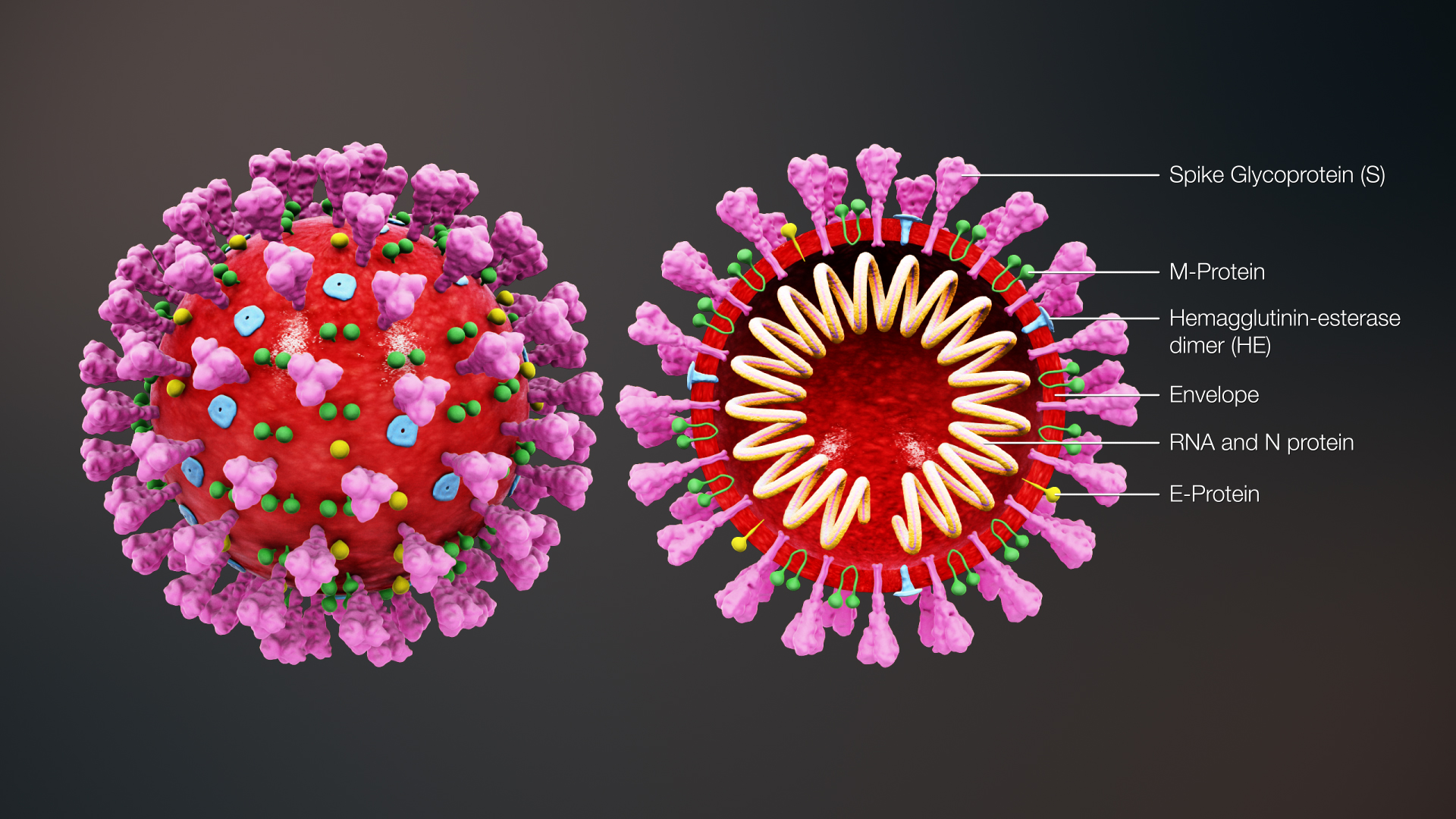Dieters often talk about ways to “boost their metabolism” in an effort to burn more calories when they’re at rest. The reality, however, is that your body’s natural metabolism usually has very little to do with how much weight you gain or lose.
Metabolism – or your basal metabolic rate – refers to the number of calories your body burns in order to keep up with basic functions such as blood circulation and cell repair. In other words, metabolism determines how many calories your body burns when you’re “at rest,” as opposed to how many calories you burn through physical activity.
Unfortunately, the rate of your metabolism is usually determined by your age, sex, and body composition. For example, a younger man with a lot of lean muscle mass will usually have a higher metabolism than an older woman with less muscle mass and more body fat. Your metabolism is naturally regulated by your body, much like your internal body temperature, and can be very difficult to significantly raise or lower.
Instead of focusing on boosting your metabolism, you’ll find more weight loss success by reducing the number of calories you eat and increasing the number of calories you burn through physical activity. If, however, you are dieting and exercising and not achieving the results you expect, you should talk to your doctor. In very rare cases, people have exceptionally low metabolisms due to other health problems. For most people, however, the solution to weight loss struggles is simply to eat less and move more.







